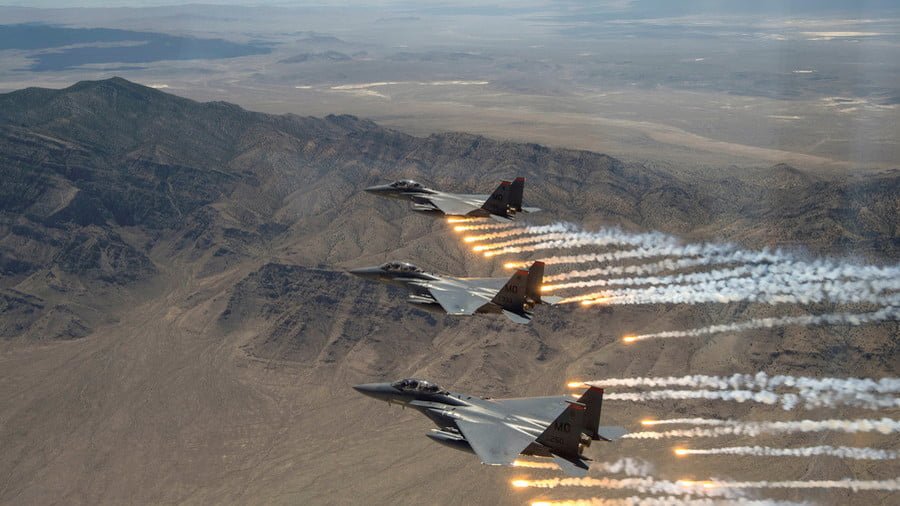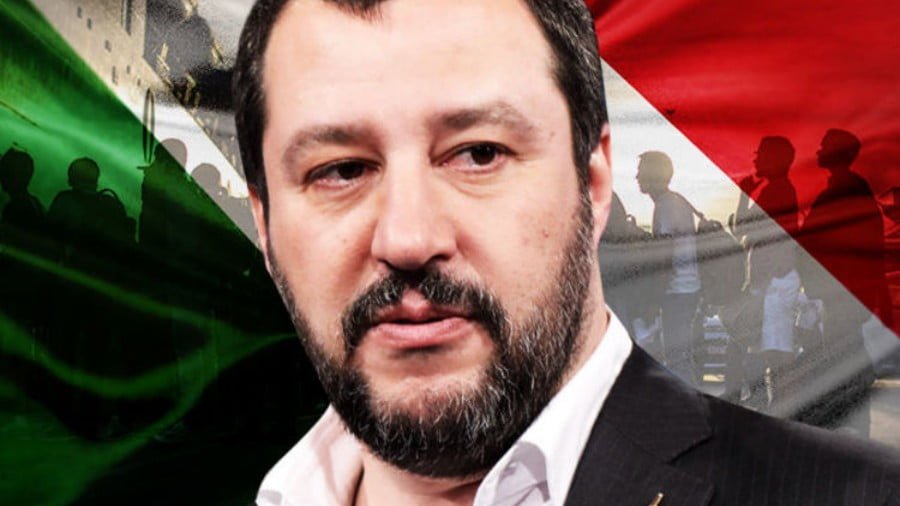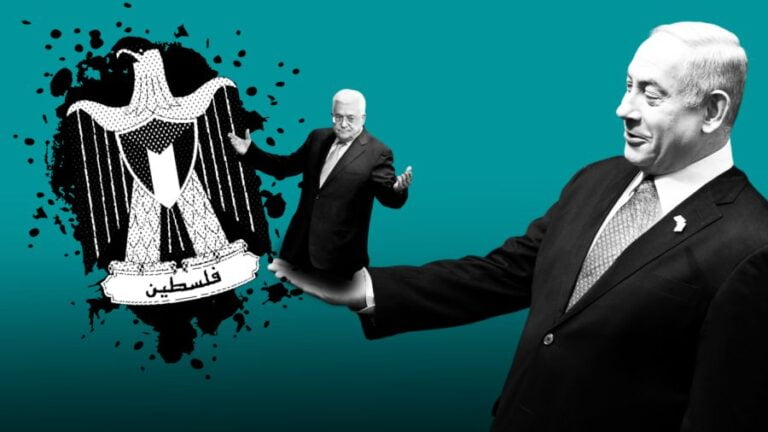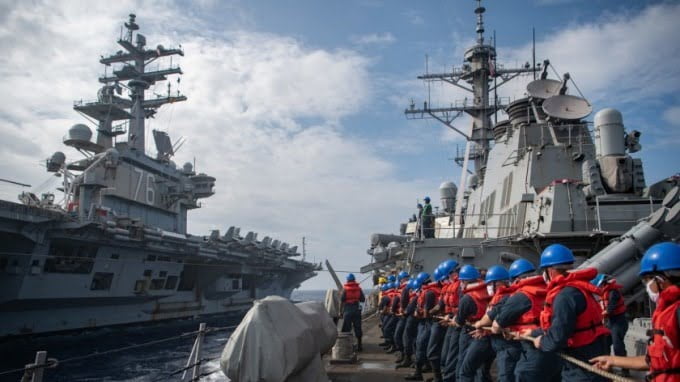Why Ankara Threatens to Expel US from Incirlik Airbase
US-Turkish relations are experiencing difficulties. It would appear that neither Ankara nor Washington can continue the “strategic partnership” in deterring Russia and the tactical cooperation against Assad. There have appeared unconfirmed reports that the US have withdrawn their nuclear munitions from Turkey. But the recent statements by the Deputy Prime Minister Veysi Kaynak that Turkey is examining expelling US-led coalition forces from the Incirlik airbase stood out even against the current backdrop of deteriorating relations.
These statements are well outside the norm of Turkey’s military and political participation in the US-centric system. Many tend to view regard these statements as being borne out of emotion, caused by Turkish leaders’ sense of the weakness of their position and fear of a repeat military coup attempt. But the situation appears to be more complex.
There are two questions to be answered: what are the roots of such an abrupt deterioration, and what are the future parameters of possible military and security cooperation between the US and Turkey?
The answer to the first one is relatively straightforward. Turkey’s leader is basing many of his actions on simple mistrust of the US. There has appeared the dangerous phenomenon of “propaganda inertia”, when a tactical propaganda formula becomes the foundation of middle-term policy. The “constructed enemy” in the form of “extremist preacher Gulen” helped Erdogan to “cleanse” military and security institutions. In all fairness, one must acknowledge there is some basis for the fear of US “secret plans” associated with Incirlik: it’s enough to remember the key role played by, for example, Turkey’s air force during the failed coup.
Therefore one should probably not accuse Erdogan of being illogical or excessively emotional.
But right now the “struggle against Gulen” is creating a whole range of obstacles for practical politics, both internal and foreign. And particularly for relations with the US. Overheated rhetoric makes it impossible for either participant to step back without a loss of face, although ultimately Erdogan, in spite of having total control over his country’s elite, will have to gradually ratchet down the anti-American rhetoric.
The second question is considerably more important, considering that the US is hardly likely to “leave” the region which, in spite of the complexities of current geo-economics, remains quite important.
Therefore what are the possible parameters of the continued US presence in Turkey, which could become a model for behavior in other countries:
–Unhindered access by Turkish government officials into US-controlled military bases. Elimination of de-facto extraterritorial zones.
–Mutual coordination of military activity. Turkey’s main complaint is revealing: the lack of clarity concerning the level of US participation in addressing genuine threats to Turkey’s national security.
–Mutual coordination of political plans. It implies US must abandon military support of forces hostile to Turkey and Erdogan. Right now they are the Kurds, but the specifics may change.
The new model could be called “situational partnership”, with the national government maintaining control over all the regulatory levers and adjust the conditions of access to military facilities depending on circumstances.
This in turn leads to the question to what degree will the new US administration be amenable to making the concessions sought by Turkish leaders. But that’s not that simple either.
The situation concerning US military presence in the Middle East has been evolving in a consistent manner. Egypt’s leaders have the same view of the issue as Turkey’s. And as matters progress, US “freedom of action” is causing worry in Jordan.
Right now the only country content with the “colonial” model of the US use of military facilities on its territory is Qatar, but here too changes are possible.
Still, the issue is not only that US allies in the Middle East and other parts of the world want to break off their relations with the “sole superpower” and rid themselves of US military facilities on their territory. What US allies want is a new model of partnership with the US, one in which military facilities are nto going to be used to undermine the countries’ political regimes, and the regimes will have a clear understanding of what’s happening “behind the fence.”
Turkey’s ability to establish a new model of cooperation while preserving US facilities on its territory will in the long term present challenges to the US more significant that simply a loss of access to an important but not critical facility. It raises the risk of precedent and adoption of similar solutions by other countries.
But if the new US administration is able to reach a mutually acceptable compromise with Ankara concerning the bases, it may breathe a new life into the US strategy of relying on military bases abroad.
This strategy is currently in deep crisis, mainly for political reasons. If, as a result of a hard bargaining between Ankara and Washington the political crisis of the US military base model is overcome, it will become a challenge not for the US but rather for several US competitors, and not only in the Middle East.
What we are observing is a definite reformatting of Turkey’s foreign policy. The re-evaluation of relations with the US is part of a bigger picture. Another new component of the puzzle will be Ankara’s accommodation with Iraq concerning the withdrawal of Turkish forces from Iraqi territory on certain conditions. It is evident that Ankara is seeking to achieve maximum freedom of action in its foreign policy.
One can probably also state that Turkey’s leadership is trying to re-evaluate the Neo-Ottomanism variant based on expansion into the Middle East, and which assumed close cooperation with the US, in addition assuming a range of significant military obligations.
The question of what the “post-Syria” Neo-Ottomanism will look like requires a separate discussion. But it is evident that only the north-eastern direction (i.e., the Caspian Sea basin and the post-Soviet Central Asia) look relatively appealing. And one has to acknowledge that there are genuine ways by which Turkey can increase its influence on these territories.
Naturally, in order to expand its influence in these regions Ankara would require a robust ideological foundation which would furthermore have to force out Gulenism which has now been declared a hostile ideology. The liberation from the now-superfluous military relations with the US provides such an opportunity.
Therefore there is considerable likelihood that Ankara’s demands toward the US conceal a broader agenda associated with Turkish leadership’s survival strategy. However, one must keep in mind that, under certain conditions, that strategy may be directed toward the New Eurasia.
By Dmitriy Evstafiyev
Source: Eurasia Expert







